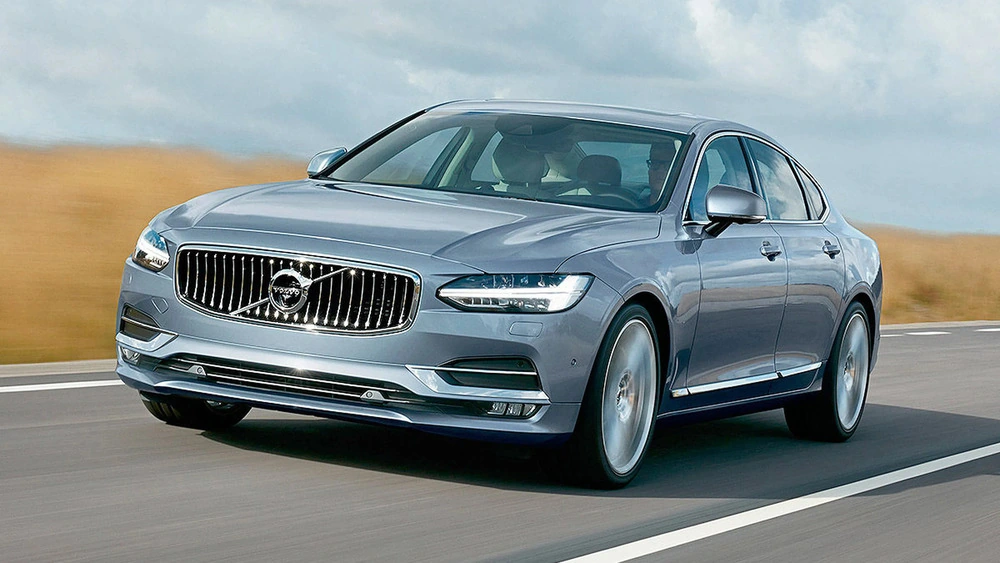In a surprising move, Volvo Cars has announced its decision to cease providing fresh capital for its electric car subsidiary, Polestar.
The revelation came as part of Volvo’s financial figures for 2023, where the company expressed its commitment to concentrate resources on its independent journey, indicating a potential adjustment in its stake in Polestar.
The Swedish automaker is considering various options, including selling shares to Volvo Cars shareholders, as it evaluates the future of its involvement with Polestar.
This strategic shift aligns with the company’s focus on developing its own ambitious plans and marks a significant change in the dynamics between the two companies.
Despite the decision to cut off fresh capital, Volvo Cars has extended the repayment period for an existing loan to Polestar, demonstrating a commitment to supporting its subsidiary in a different financial manner.
This extension, lasting 18 months until the end of 2028, provides Polestar with additional financial stability.
Officially, Polestar asserts that it is entering an “exciting phase” with a strengthened business plan.
However, recent developments reveal a different story.
The company failed to meet its 2023 targets, prompting a restructuring of its management team and a reduction in its workforce by 15 percent.
Polestar, once a private entity specializing in tuning Volvo models, transformed into an electric car brand through a joint venture with its parent company, Geely.
Volvo’s decision to discontinue further investments in Polestar stems from a desire to focus on its own comprehensive development plan until 2025.
This includes substantial investments in areas such as electrification, software, core computing architectures, advanced connectivity, data collection and analysis, mega-casting, a next-generation electric motor, and advanced battery technology.
While financial ties may be loosening, operational cooperation between Volvo Cars and Polestar in research and development, production, and sales will continue, as both companies aim to mutually benefit from the ongoing partnership.
Volvo’s commitment to electric vehicles is evident in its 2023 sales figures, which saw 113,419 eCars sold—an impressive 70 percent increase compared to 2022, constituting 16 percent of its total global sales.
The company’s overall performance reached a record high, with 708,716 new Volvos sold, and a 21 percent increase in turnover to 399.3 billion Swedish kronor (35.3 billion euros).
Operating profit (excluding joint ventures and associates) also rose by 43 percent to 25.6 billion kronor, equivalent to 2.26 billion euros.
In the midst of industry transformations and a renewed focus on electric vehicles, Volvo Cars positions itself for future success, with strategic investments and a commitment to bridging the gap between traditional combustion engines and electric cars.
The upcoming EX30, EX90, and EM90 models are expected to play a crucial role in achieving this goal, as Volvo aims to deliver on its promises of sustainable, technologically advanced vehicles in the coming years.







